
For individuals with substance use disorders, getting treatment should be the number one priority. However, it also often helps to have a support group you can rely on throughout the healing and recovery process. Sometimes, these programs involve peers with similar issues, while others can include your family and friends.
Support groups are found in local communities and at the state or national level. You or your loved one will have several options, making it simple to find the ones that work best on your recovery journey.

AA is one of the most popular types of alcohol support groups. AA uses a 12-step model with a religious emphasis, making AA a good choice for anyone who wants to use faith or spirituality to support their recovery. While AA is open to anyone from any background, many groups believe in complete abstinence in recovery, which may not be the best fit if you participate in medication-assisted treatment.
We encourage you to learn more by contacting the support group nearest you using the AA locator on the AA website.

NA is another well-known, free-to-join support group that also uses the 12-step program to support individuals in recovery. While the name implies the support group is for those who misuse drugs, they also welcome people who have issues with alcohol. Like AA, the philosophy of maintaining total abstinence may not align with those seeking medication-assisted treatment. However, reaching out to your nearest support group will help you know for sure. You can search for meetings near you by using the NA website or downloading their app.

Many support groups are considered peer recovery groups if they are mutual-help organizations — peer-led, free and non-professional. NA and AA are two types of peer recovery groups, though there are others, including:
You can find these and likely several others in your area.
IOPs are another common option involving support groups. They can help address many issues, ranging from substance use disorders to mental illness and eating disorders. Many IOPs involve group therapy, individual therapy, alternative therapies and support groups — most of which occur on their premises.
Find various IOP programs at different organizations throughout your area.
Many organizations throughout the country offer services for people with substance use disorders. One example of a professional program helping people get the support they need is the Substance Abuse and Mental Health Services Administration (SAMHSA).
They provide a National Helpline, which you can call any time of the day or night all year round at 1-800-662-HELP (4357). Their team will refer you to support groups, treatment facilities and other organizations in your area.
